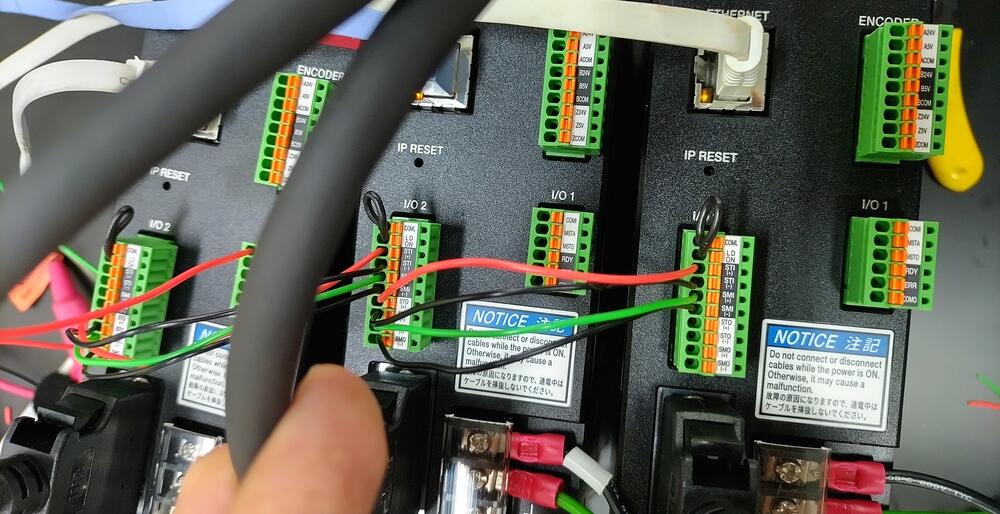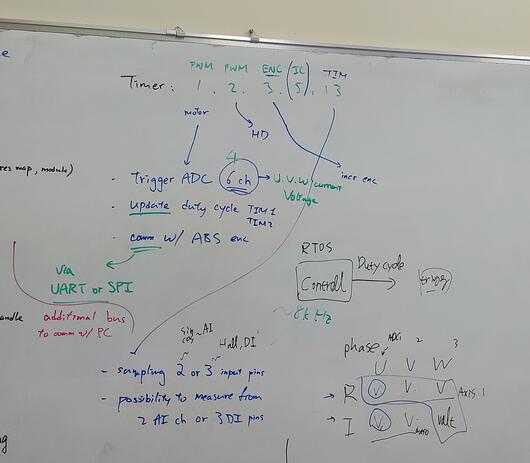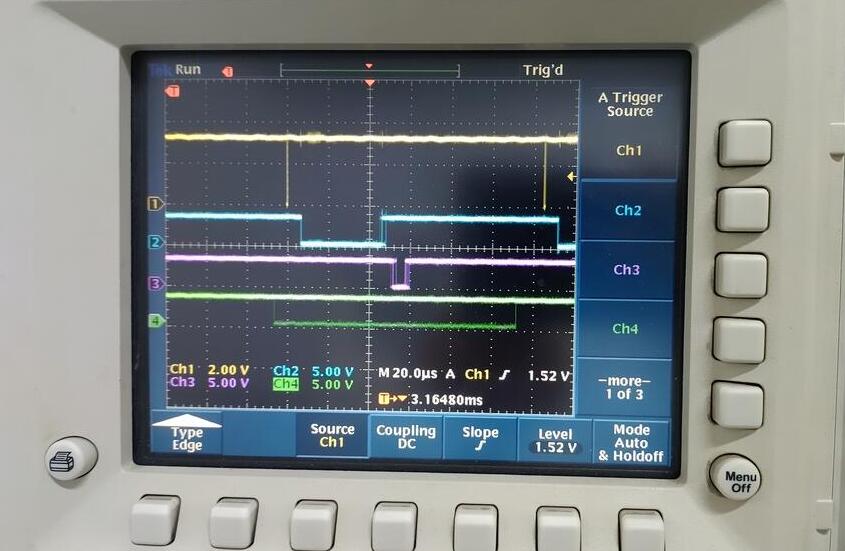What are real-time systems?
Real-time systems are specialized computing environments designed to process information and respond to stimuli within a specified timeframe. Unlike conventional computing paradigms, real-time systems prioritize meeting strict deadlines, ensuring that tasks are completed within predetermined time constraints.
Art of trade-off
Due to inherent limitations, a good real-time system requires careful management of resources. This includes I/O pins, interrupts, memory allocation, task priorities, and adherence to specific time constraints, whether hard or soft. In some contexts, energy efficiency and fault tolerance are also keys to the good performance.
As a result, the architecture of real-time systems often involves specialized hardware and optimized operating systems. If there is still insufficiency, it is crucial to acknowledge and understand the trade-offs.


